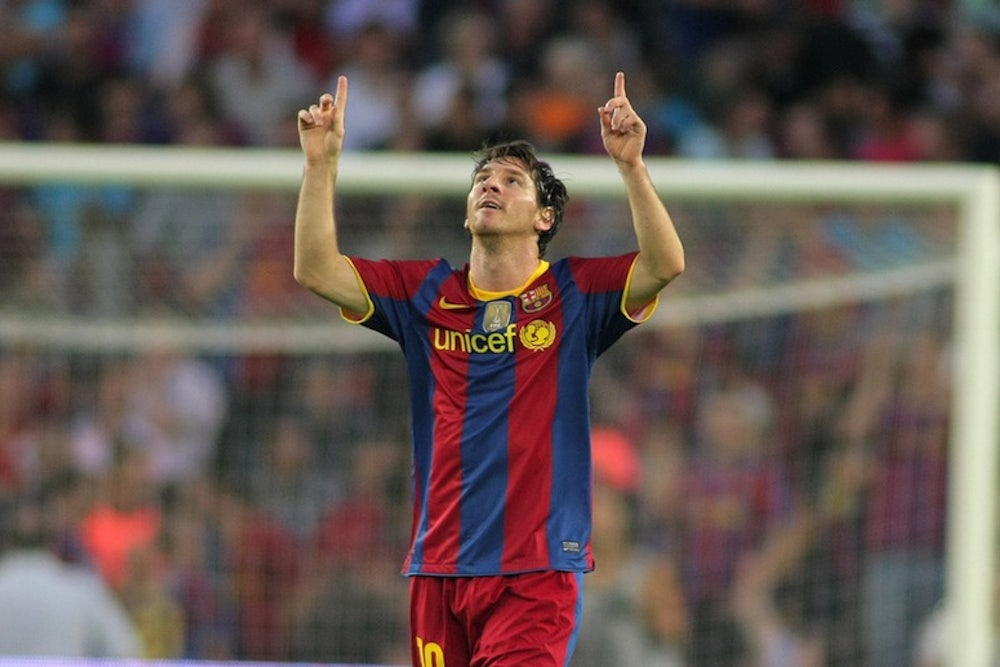It is astonishing how many of my friends, agnostics as they are, suddenly start praying the moment a World Cup match is before them.
One of them texted me just before the opening game between Brazil and Croatia. “OMG. You know Im never in church. But today Im a believer.”
He then phoned me. He said the focus of his prayer was not any of the teams on the field. He was really rooting for the Japanese referee. “Forget about being impartial. If he makes a single mistake, he’s dead meat. Do you know what will happen to him? His flight back to Tokyo will leave without him.”
His were savvy words. No sooner did the ref call the infamous penalty that gave Brazil its second goal—a foolish, unfair decision that tilted the game in favor of the host country—my friend texted me once more. “Told ya, Ilan!” And he called again: “The ref loves life too much to end up in a São Paolo dump.”
Obviously, not only spectators pray during the World Cup, players do it too—all the time. The TV camera catches them making the sign of the cross just before the game starts, as the first half ends, or when they are substituted. Neymar himself prayed just before the penalty kick.
So if every player on both sides is praying, who is God rooting for? For someone has to win, right? This means one team’s prayers are heard in heaven while the other’s are ignored.
How does God make his choices, at least in fútbol? Hopefully based on knowledge but there’s no evidence of that. Again, if the game between Brazil and Croatia is any indication, talent was almost evenly spread, yet history was on Brazil’s side. But neither talent nor history ended up deciding this rather mediocre game. It was luck, in the form of a Japanese ref. Yes, God makes choices by allowing luck to run its course.
Should one deduct then that God was rooting for Brazil?
Every team prays hoping God is on its side. Then again, some teams will bully about heavenly favoritism. Take Argentina: It has always claimed God is on its side and it has proof of it. When Maradona made his famous goal against England in the 1986 World Cup, he made it clear to everyone that it wasn’t his own hand that put the ball in the opponent’s net but “la mano de Dios,” the hand of God. In other words, Argentina was playing with eleven men yet what decided the game was divine intervention.
In my opinion (and paraphrasing Ambrose Bierce), God uses the World Cup to teach people geography. As in the case of Cain and Abel, He enjoys making siblings compete against one another, often ruthlessly, promising fairness yet delivering none.
Image via shutterstock.
